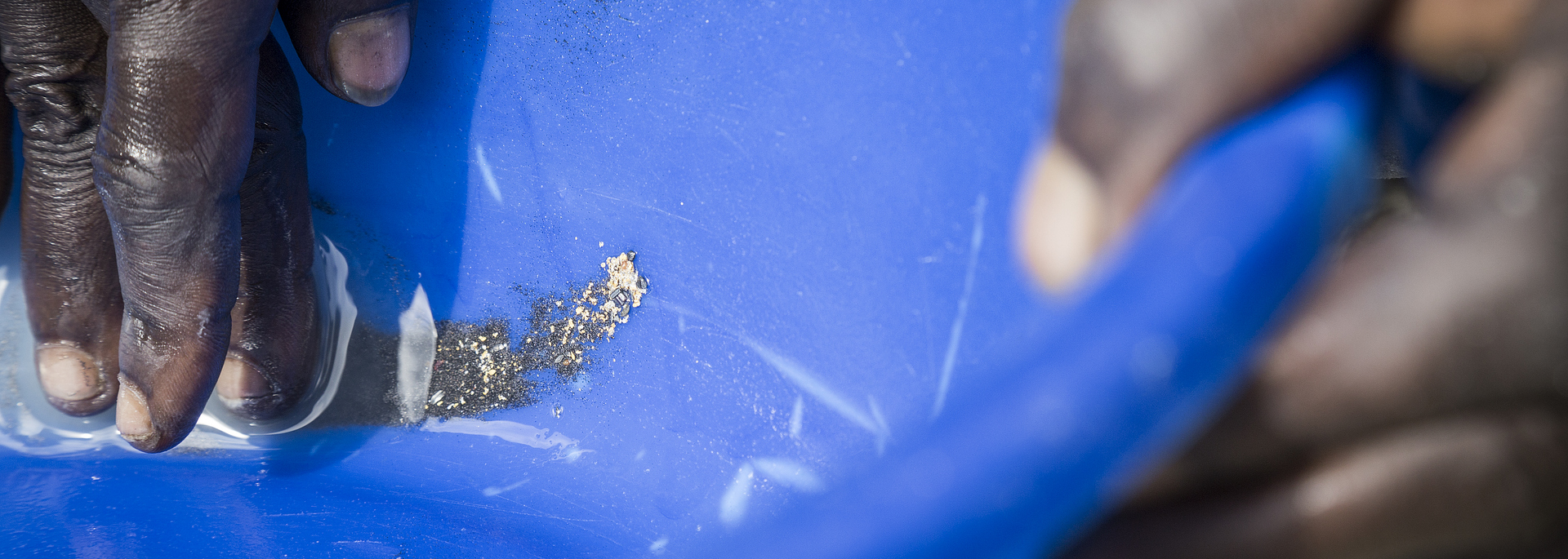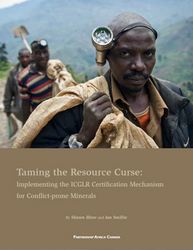
IMPACT in Tanzania
Our work in Tanzania focuses on providing technical guidance to develop new approaches to natural resource management.
Supported by strong economic performance and political stability, Tanzania has enjoyed a level of domestic stability uncommon to many of its neighbouring countries in the Great Lakes region.
However, this has not translated into economic prosperity for all Tanzanians, with mismanagement of natural resources increasing risk. Over half of its population continues to be affected by poverty, lacking full access to education and health services.
Ongoing conflicts over land exacerbated by an influx of refugees from neighbouring countries, have resulted in insecurity. Effects of climate change are only making the situation worse by increasing competition for scarce resources in certain regions. Wildlife-rich national parks have also been targeted by poachers, with local species at risk.
With World Bank estimates suggesting that over one million Tanzanians engage in artisanal and small-scale mining, Tanzania has committed to transform its natural resource management systems. Tanzania is a member of the International Conference on the Great Lakes Region (ICGLR) and in 2010, the country’s President signed the Lusaka Declaration with 11 other Heads of State kicking off the implementation of the Regional Initiative against the Illegal Exploitation of Natural Resources (RINR).
Additionally, Tanzania is a member of the Kimberley Process and is required to put in place internal controls that certify the origin of its rough diamonds as conflict-free. Despite being a member of the KP, the country still struggles with the illicit trade of diamonds and other minerals, losing important tax revenue. Internally, Tanzania has taken actions to crack down on corruption and is attempting to derive greater benefit from the international exploitation of its mining industry.
Resources
Tanzania’s key natural resources include gold, diamond, iron, coal, nickel, tanzanite, uranium, timber, and wildlife. Major offshore natural gas deposits were also found in 2012.

We Reveal
Our research in the Great Lakes region investigates the drivers of the illicit trade of conflict-prone minerals and highlights recommendations for ICGLR Member States, including Tanzania. We examine issues such as formalization of the artisanal mining sector, fiscal reform, harmonization of legislation, and strengthening of internal controls to end smuggling. We also provide analysis of certification, traceability, and due diligence as it applies to conflict-prone minerals in the Great Lakes region. In 2011, we published Taming the Resource Curse: Implementing the ICGLR Certification Mechanism for Conflict-prone Minerals that outlined a certification mechanism for 3TG based on best practices. The mechanism was approved by all the Heads of State of the ICGLR, including Tanzania’s President, in December 2010.

We Innovate
As part of our work to transform mineral supply chains, we’ve led efforts to support certification and due diligence sensitization. Since 2005, we’ve worked with the International Conference on the Great Lakes Region (ICGLR) to address the illegal exploitation of conflict-prone minerals—a regional initiative that Tanzania is a member of. As a technical partner to the ICGLR, we are supporting the implementation of the Regional Initiative against the Illegal Exploitation of Natural Resources. We provide technical guidance to Tanzania’s Ministry of Mines on implementing the six tools which include the Regional Certification Mechanism, the Regional Database on Mineral Flows, and formalizing the artisanal mining sector. We provide capacity building and sensitization to policymakers from Tanzania, as well as members of its industry, and civil society on their role in traceability and due diligence.

We Engage
We advance dialogue with our partners in Tanzania, including policymakers, private sector, and civil society to implement traceability and due diligence as well to ensure benefits reach miners and their communities. We engage governments to strengthen their internal controls, and encourage the private sector to put in place due diligence for their mineral supply chains.
Recent Highlights
ICGLR Regional Certification Mechanism Implementation
IMPACT supports the implementation of the International Conference on the Great Lakes Region (ICGLR) Regional Certification Mechanism and Organisation for Economic Co-operation and Development’s (OECD) Due Diligence Guidance. We provide technical support and training so that ICGLR Member States can effectively meet international and regional standards and ensure their minerals are conflict-free.
ICGLR Regional Database on Mineral Flows
IMPACT is supporting the International Conference on the Great Lakes Region (ICGLR) to operationalize the Regional Database on Mineral Flows as part of its efforts to end the illicit trade of conflict-prone minerals.

